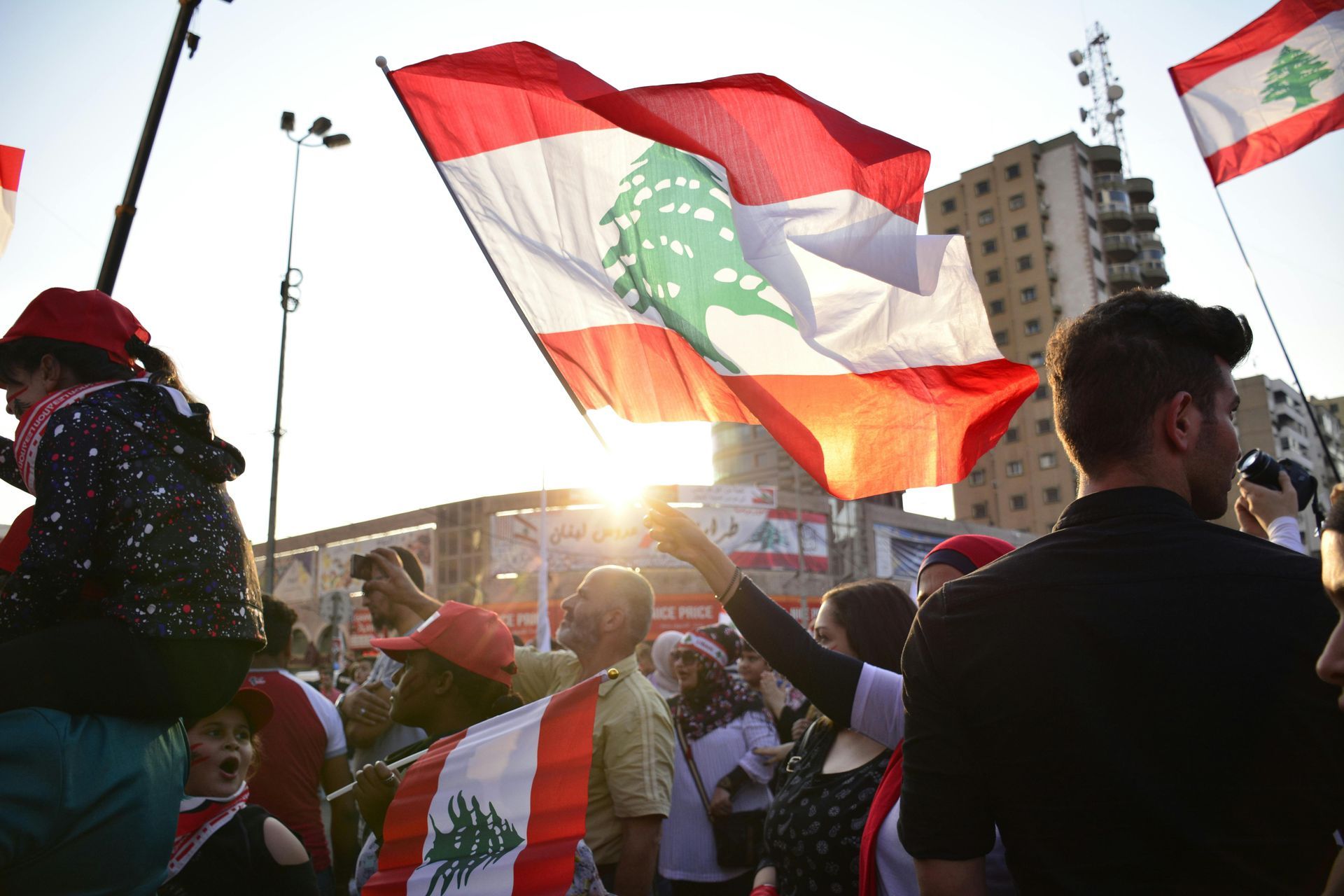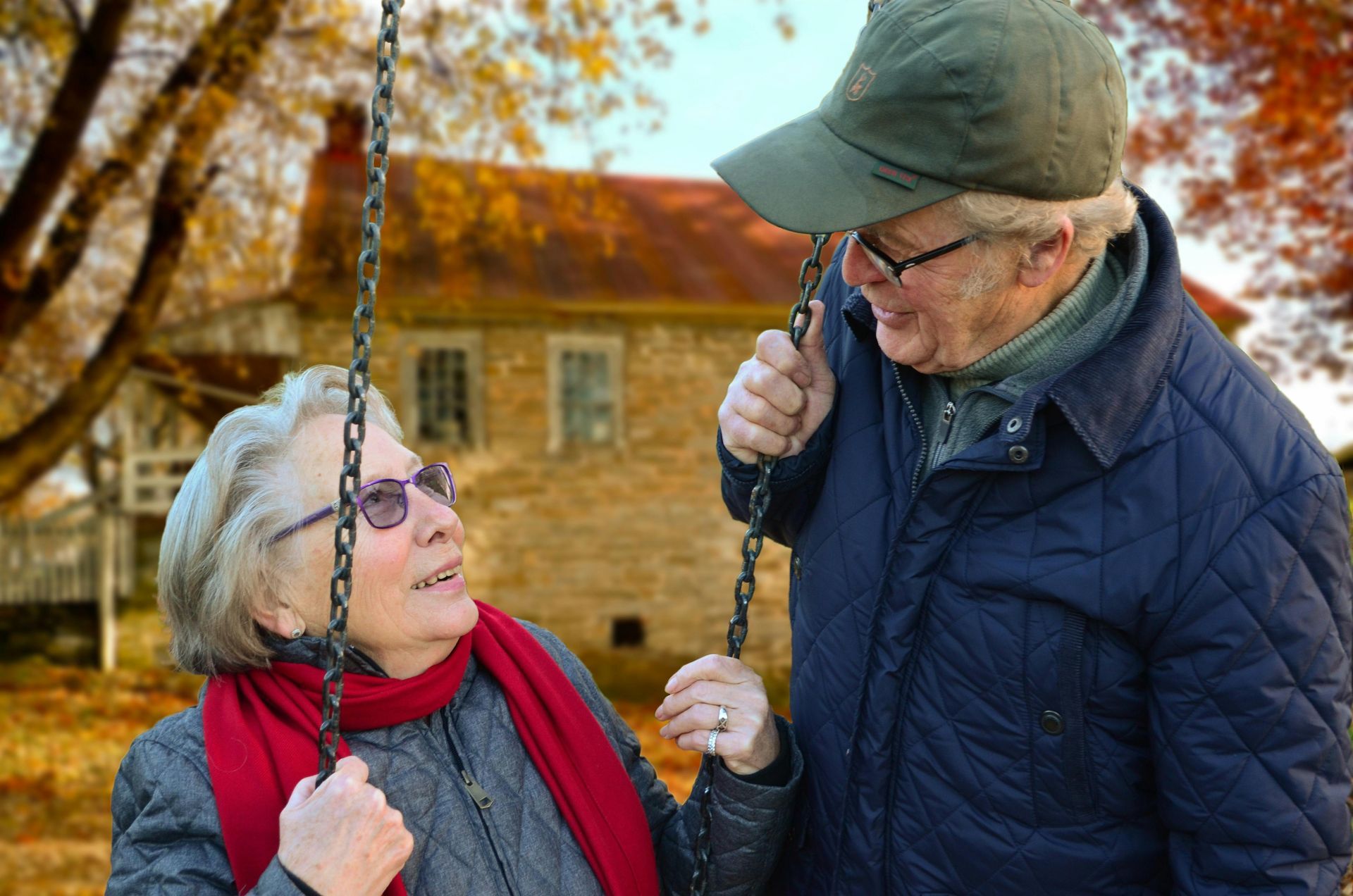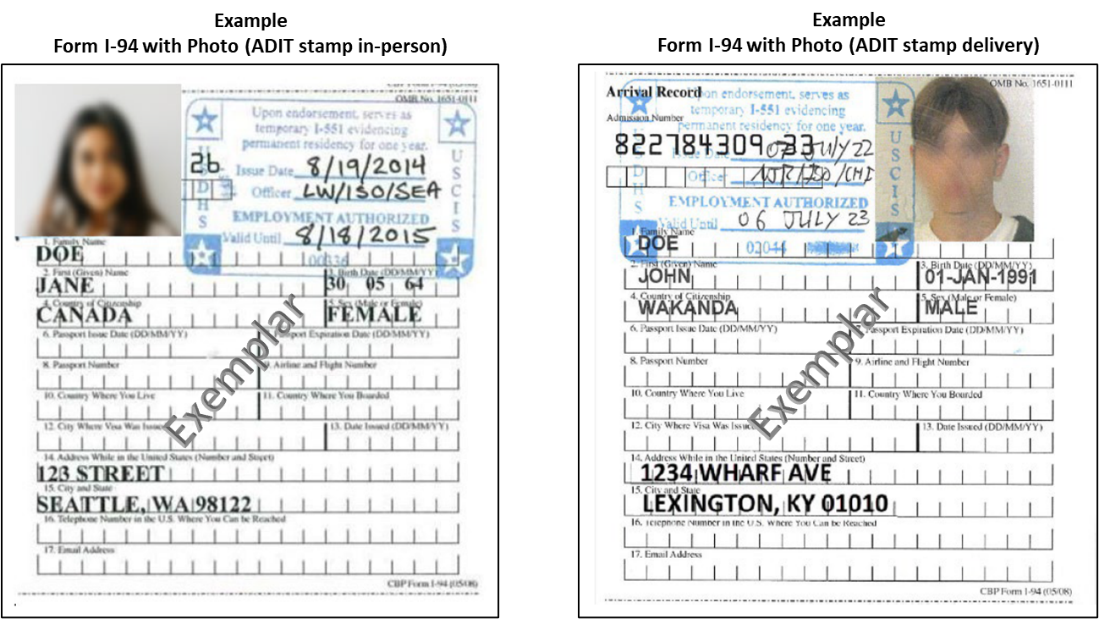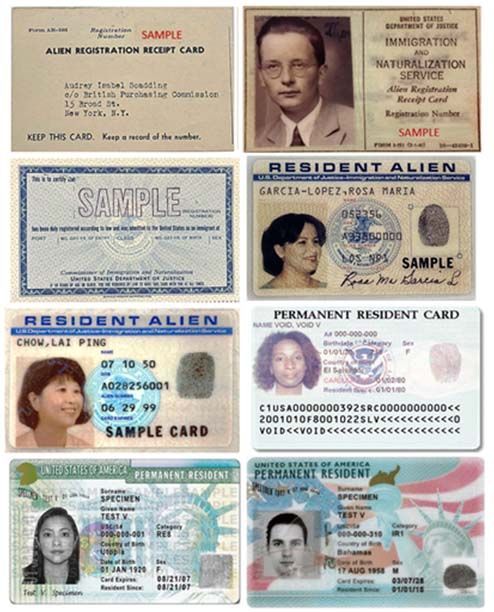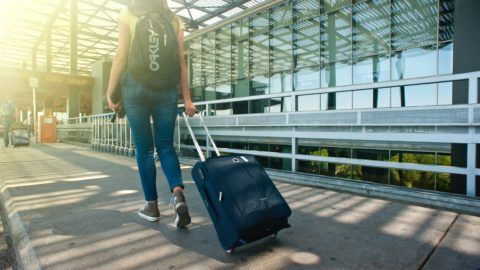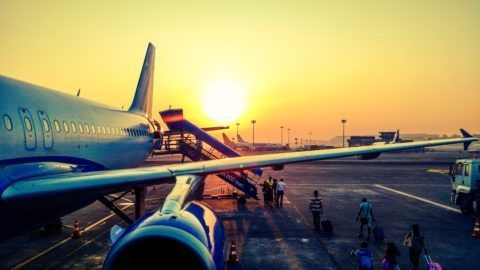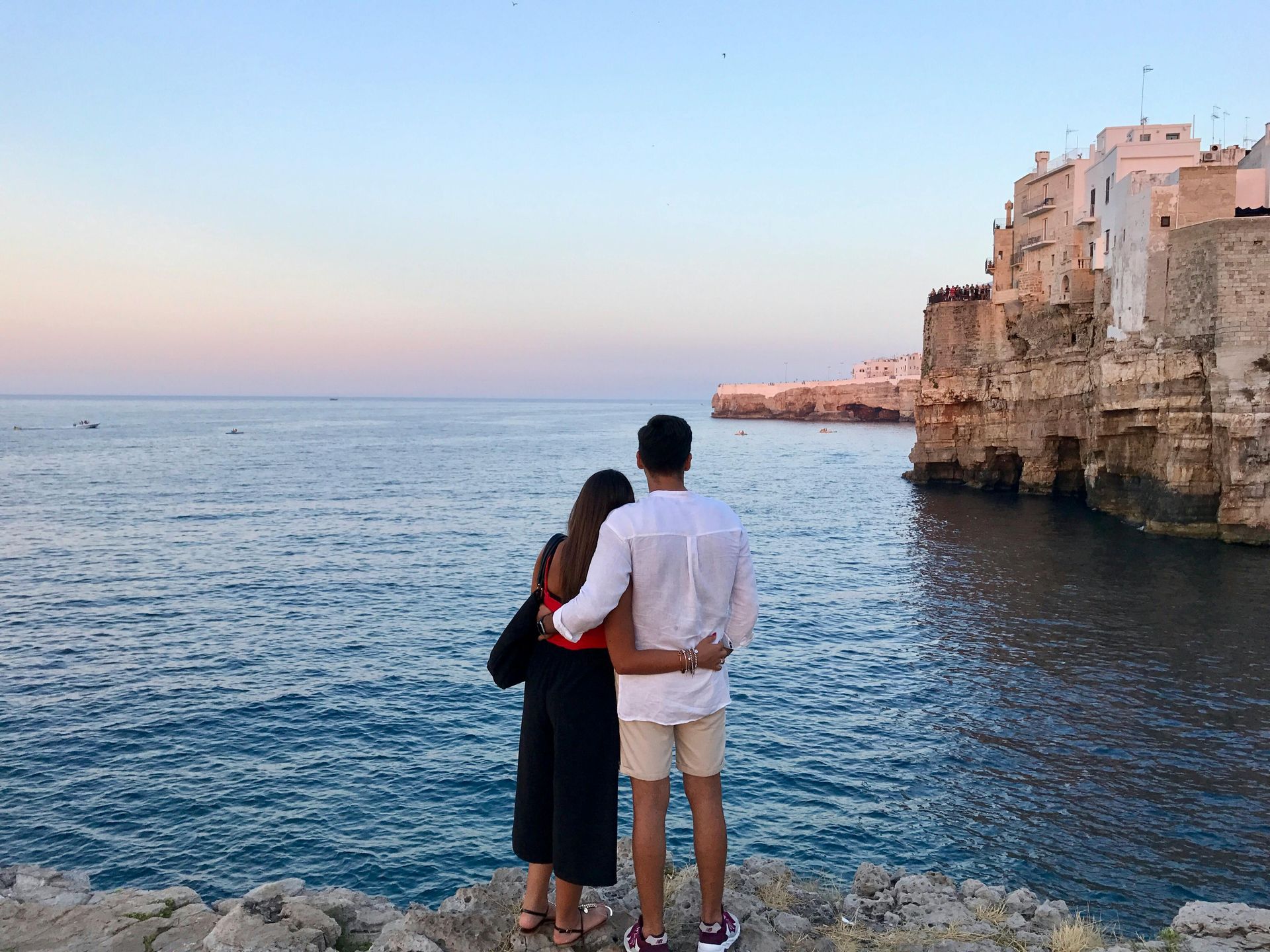J1 Topic: EVP Denied Philippine NOS J1 Waiver, Appeal or What to do Next?

Many Filipino/Filipina J1 Teachers contact our office regarding:
- Denied NOS Waiver Request from the EVP
- Whether they should Appeal the Denial?
This post will answer these topics, but explain the common “next step.”
Why does EVP Deny NOS Waiver Requests?
In 2021, EVP announced a new policy after the 2020 COVID Moratorium. The new policy superceeded / rewrote the EVP Policy/Stance on granting NOS Waivers. The previous policy was to 100% approve NOS Waiver in a few instances, especially when a J1 marries a US Citizen or when a J1 has a US Citizen child.
HOWEVER, that policy was replaced with a new one that “could” approve the NOS Waiver Request if there is a true need and if it in the Philippines’ National Interest.
After the initial announcement, EVP added further information regarding their stance on the waiver process. EVP seeks to remind J1s of the underlying purpose of the J1 Program.
What is the purpose of a J1 Visa?
Many J1 Visa Holder’s forget the PURPOSE of the J1 Visa is: CULTURAL EXCHANGE. The J1 is a Cultural Exchange Visa.
That means some culture from the Philippines will exchange to the US during the J1 Period. For instance, a J1 Teacher would bring herself, her speech patterns, some foreign traditional items, and a different perspective to the classroom and the to the students.
Alternatively, AFTER the J1 Period concludes, the experiences would return with the J1, back to the Philippines for a minimum of 2 years. During the 2-year home residency, the J1 would likely return to the workforce, sharing the things learned from the US. For instance, in the Teacher example again, the Philippine teacher would bring US experiences to the Philippine Classroom and Education System.
What the J1 is NOT, as stated by the EVP?
The J1 Visa is NOT a visa to:
- date in the US
- get engaged in the US
- get married in the US
- get a Green Card in the US
- immigrate to the US
- acquire an H1B Employment Visa
From EVP Standpoint:
The Philippines is BETTER OFF, they receive CULTURAL EXCHANGE and a VERY EDUCATED CITIZEN by denying NOS and requiring the Philippine J1 to return to the Philippines for a minimum of 2 years. The Philippines, as a country, receives ZERO benefit by approving a J1 waiver, unless the approval can be proven to be in the Philippine’s National Interest.
Should you Appeal the Waiver Denial?
If the above hasn’t painted a picture of what EVP is looking for, then it is usually recommended to NOT WASTE TIME appealing. If you can’t prove “Philippine National Interest,” then EVP will not positively review your NOS Request.
Rather, you should be SUPER MINDFUL of what to do next.
The BIGGEST ISSUE is if the J1 Overstays the J1 Visa. A 3-year Bar begins to occur after the Visa Overstay reaches 180 days, and the bar becomes a 10-year Bar after 1 year of overstay. Additionally, any overstay may cause issues for a Consular Process anytime after the 2-year home residency requirement is satisfied/completed.
What is the Common Next Step?
In Short, CONSULAR PROCESSING.
Timing is important, if you do not want to be abroad for too long, more than the required minimum of 2-years.
More Information on Consular Processing a Spouse or other common topics can be seen here:
J1 Waiver of 212(e) Special Skills list: Philippines and the Exceptional Hardship
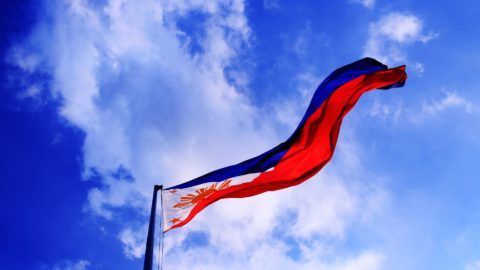 Read More
Read MoreThis post will focus solely on the J1 Teachers from the Philippines. There are three important facts a filipina/filipino J1 Teacher needs to first know:
- The J1 Visa usually subjects the Philippine Citizen to the 212(e) Special Skills List / Two Year Home Residency Requirement. Meaning, the J1 usually has to agree to return to the Philippines for a minimum of 2 years after the J1 Visa completes.
- The Philippines, as of May 2021, no longer issues No Objection Statements for a J1 Waiver based on a Marriage to a US Citizen or giving birth to a US Citizen Child. In 2021, the Philippines CHANGED the policy to the requirement of showing “Philippine National Interest.”
- Philippine J1 Teachers usually account for 20% to 25% of the Academic Year’s issuance of J1 Teacher Visas around the world. Meaning, about 1 out of 4 or 1 out of 5 (depending on the year) J1 Teachers are from the Philippines and would be in the same situation as you.
US Citizen’s Guide to the Fiance Visa Process in Manila Philippines
 Read More
Read MoreA Fiance Visa filing can be a long process, that causes a lot of stress for both fiances. The Visa requirements can be confusing and the process overall can be hard to understand. This post will tie together a lot of our related Manila Philippines Fiance Visa articles, as well as giving that overview to help make things more understandable.
US Citizen’s Guide to Marrying in the Philippines and Immigrating a Philippine (Filipina) Spouse to the United States
 Read More
Read MoreThe Philippines, a beautiful country with polite people, delicious food, and a positive culture. Marrying someone from the Philippines is wonderful! This article will discuss the two common questions:
- How does a US Citizen marry in the Philippines?
- How does the Philippine Spouse immigrate to the US?
Immigration Topic: Philippine Fiance or Spouse living outside of the Philippines and how to Immigrate to the US
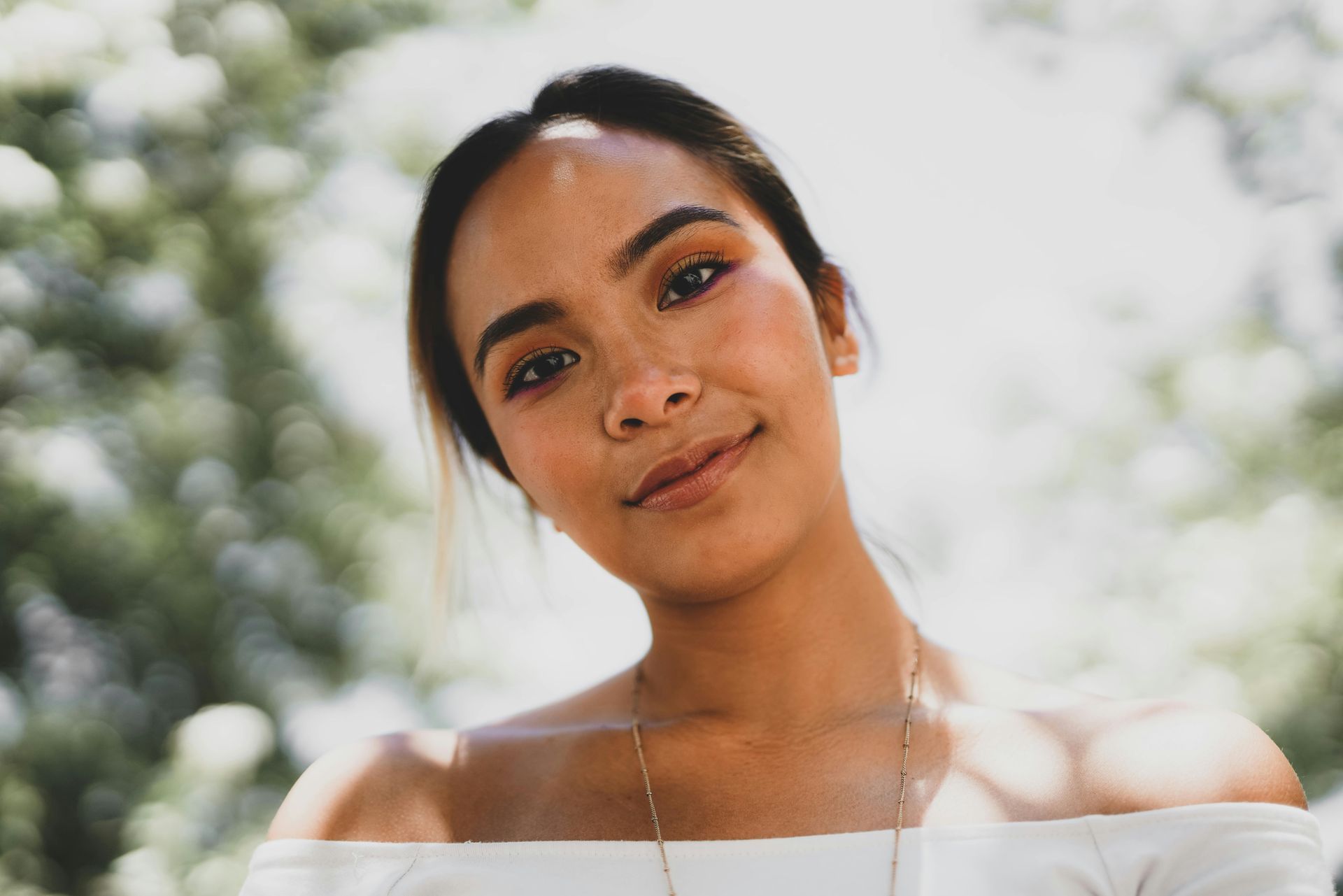 Read More
Read MorePhilippine Citizens frequently work abroad. The common term or title is OFW or Overseas Filipino Worker. This article will cover common questions, required documents, and timelines for both a Fiance and Spouse of a US Citizen.
Have a Quick Question? Ask us!
Disclaimer: This Blog is made available by the lawyer or law firm publisher for educational purposes only as well as to give you general information and a general understanding of the law, not to provide specific legal advice. By using this blog site you understand that there is no attorney-client relationship between you and the Blog/Web Site publisher. The Blog should not be used as a substitute for competent legal advice from a licensed professional attorney in your state.
The post J1 Topic: EVP Denied Philippine NOS J1 Waiver, Appeal or What to do Next? appeared first on Fickey Martinez Law Firm.
